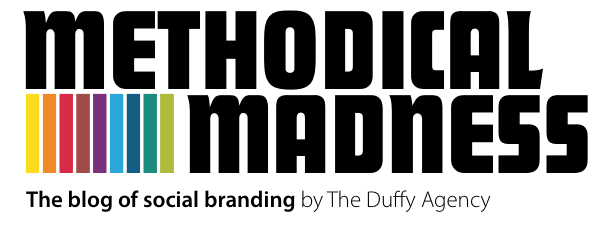Why AdWords may be hurting your SEO strategy
 Friday, January 28, 2011 at 2:55PM
Friday, January 28, 2011 at 2:55PM AdWords is a powerful tool, but many brands have become dependent on it at the expense of their organic search strength. And this could be hurting your search engine optimization (SEO) strategy.
90% of SEO spend globally is on AdWords, and only 10% spent on organic search results. AdWords are the small ads that appear on the right side of your Google search results. One of the benefits of AdWords is that you only pay for people who actually click through on your ad. So it's easy to understand why this is an attractive option for companies. AdWords provides a feeling of control and economy.
However, this focus on AdWords seems out of proportion when you consider that only 10% of search traffic is generated by AdWords while 90% comes from organic search. That means 90% of Web users never click on paid links—they click on Google’s organic search results. So if you rely on AdWords too much, you are effectively turning your back on 90% of the Web traffic.
If you want to wean yourself off of AdWords and focus a bit more on organic search strength, start by following these fundamental rules to build strong links.
- Go for quality, not quantity
How much a link boosts your rank depends on how highly Google values the page. So one link from a page with great content and high traffic is worth far more than 100 links from pages filled with almost nothing but other links. - Anchor text is key
Anchor text is the text that appears in a hyperlink—in this case the word “hyperlink” is the anchor text. To rank on the first results page for certain keywords, those keywords need to be in the anchor text of a lot of your in-links.For example, The Duffy Agency is an advertising agency with offices in both Sweden and Boston, MA. If we wanted to increase our ranking for the keywords "Sweden Boston advertising agency", then instead of linking "The Duffy Agency" to our Web site, we are better off linking "advertising agency in Sweden and Boston." When asking others to link to your site, it’s a good idea to send them the anchor text you want to use.
- Find the strongest sites
You will get some link strength from any site that links to you, but sites that are related to what you do reinforce your authority on the subject. Higher performing sites, i.e. sites that are highly ranked on Google, will get you much greater link strength. Seek out the most popular blogs, sites and online resources within your industry. - Convince them to link
Once you’ve found strong sites, you’ll want to do a little research on the site owner to learn how to approach them. You know why you want the link, but figure out how it will benefit them. Perhaps you have useful content, or you can give them a link in return, or maybe they have a history of being hostile in these situations. It’s better to know things like that in advance.
Kevin Duffy is the Creative Director for The Duffy Agency's Boston office.


Reader Comments (1)